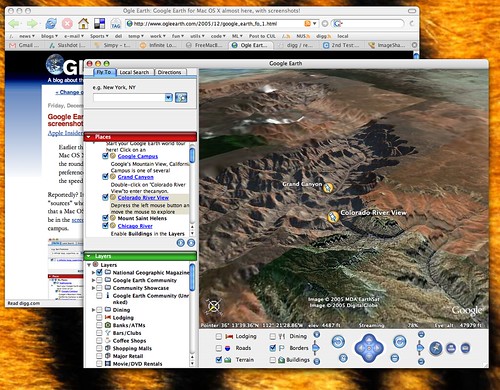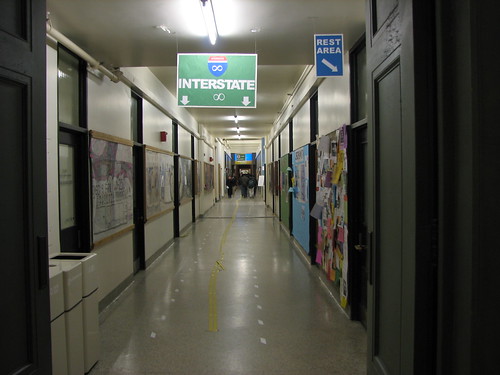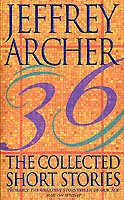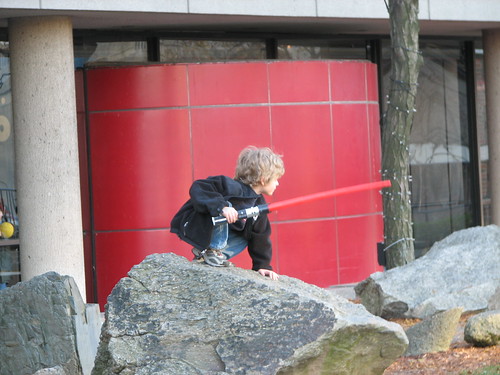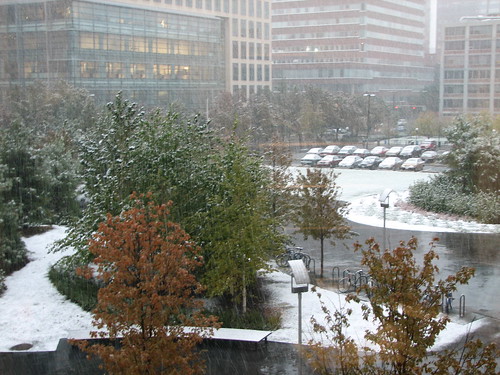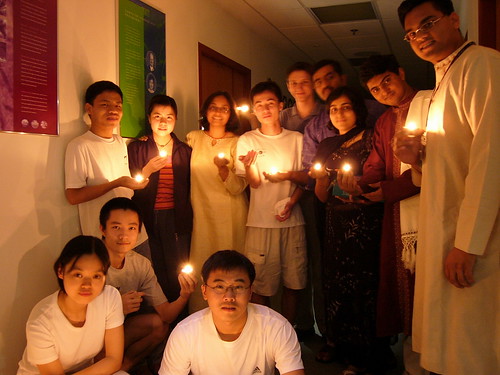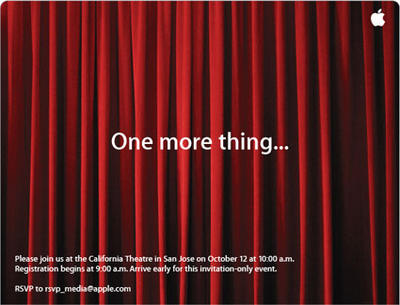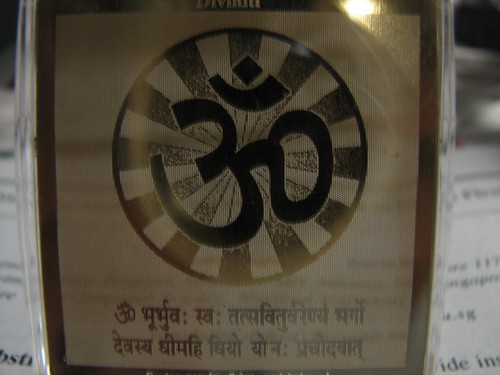The Left parties promise to be a pain in the neck for anything that remotely resembles progress. Here we go again.
This time, the Left Front has pricked a particularly hopeful balloon - the idea of allowing foreign universities to open branches in India. Their reason, quoted in the
Indian Express:
the entry of foreign universities will foster ‘‘cultural insensitivity’’ arguing that their curriculum would have a viewpoint different to the country’s stand on issues such as Kashmir and the freedom struggle.
The other fear, the Left says, is that by charging exorbitant fees, this would only add to the ‘‘urban elitist bias’’ as these would be thronged by children of the rich. Also it would result in poaching of the best teachers from IIMs and IITs.
Sirs, kindly spare us the crap.
Lets talk about "cultural insensitivity". So, we can have a MacDonalds next to every railway station in Mumbai. We think its fine to primarily educate our youth in English and make sure everybody who passes 10th in India knows at least one Shakespeare play by heart. Malls can be encouraged to blare MTV on their extra large plasma screens. Oh, and we have absolutely no problems with importing Diwali fireworks from China, sometimes with dragons drawn on them. We even heap praise on our noble freedom fighters who went to universities like Oxford and Cambridge to study. But somehow, foreign universities in India are going to hypnotize the youth into some evil ways that we want to protect them from. Congratulations, you can now obtain an election ticket from the CPI(M).
Moving on to the "country's stand on issues." Excuse me? Are we in China? Is there a "national" stand on issues which we're supposed to follow? Did these guys somehow miss the recent circus surrounding a certain Mr. Advani which manifested due to differences of opinion about the freedom struggle? I admit I'm getting fond of saying this in my posts - but the last time I checked we were living in a democracy and were guaranteed the right to free speech and expression. Is the Delhi University history department regulated to disallow theses and papers that are contrary to some "national" stand? Issues about Kashmir, the independence struggle, Gandhi Nehru and Subhash Chandra Bose still fire up debates in this country. What possible angle that is oh-so-evil can be brought about by foreign universities? More importantly, is the educated Indian so gullible as to become a automaton the moment he hears a lecture delivered against some national stand? Today, universities serve as a forum for expression, research and presentation on ideas - not as puppets for public policy for some evil purpose.
Have these "leaders" ever mouthed the words "Indian higher education system" in a street with a single young person around? Because if they have, they could not have missed hearing the natural extension to the sentence, which goes, "... it sucks." These leaders are the ones who lament the "brain drain", but have obviously never given a thought to why it occurs. Can the fact that higher studies in India are under-funded, have underpaid and often under-qualified staff, and poor infrastructure have something to do with it? Is it remotely possible that the arrival of foreign universities will be a welcome push to Indian institutions of higher learning to become more competitive? We have the second highest population in the world and the largest IT exports of any country but if someone wants to do a technical PhD in India, they have almost no choices, barring IISc, which could also use some good funding.
Oh, how could I forget the clinching argument - they will lure away the faculty. So, these teachers are going to be residing in India, teaching Indian students but actually be getting paid adequately for it. How dare they! A teacher in India is supposed to be poor and destitute and have absolutely no claim to a reasonable paycheck, right? There are well qualified Indians from all over the world who would love to come and teach in India except that a first-year programmer earns double what they would. Is it so hard to make the leap of logic that this problem may be solved and teachers might actually be lured
to India?
Charging exorbitant fees and add to the "urban elitist bias"? Firstly, since when did education ever contribute to creating a bias? There are people in India who have a lot of money - would the Left rather have these people buy trips to New Zealand every month to avoid this "urban elitist bias"? Secondly, have these people visited Mumbai, Delhi or Chennai airports in the months from July - August, and seen the throngs of students going abroad to study? Is this not creating an "urban elitist bias"... and how would this be worsened by having those students stay in India... and in any case even a private higher education will probably be a lot less expensive than going abroad.
India has grown by leaps and bounds in software exports - but has lagged behind in R&D (anybody remember Dayanidhi Maran's Intel fiasco?), and is being overtaken by South East Asian countries and China. Availability of graduates and research students are a prime factor in opening research and development centers for any company. Surely, having more education options - as well as a more competitive education market - will do wonders for economic growth.
We Indians talk proudly about becoming a developed nation and a superpower at that. Unfortunately, there is more to becoming a superpower than developing nuclear weapons. Every superpower in history - USA, Soviet Union, UK and so on - even ancient India which was considered to be a superpower had flourishing centers of learning like Nalanda University. Hands up those who think the current crop of Indian centers of learning are anywhere close to perfection. And so the situation will stay until we welcome diversity, and a competitive incentive to be better.
I suppose I'd better get back to my research. Which I'm doing at a foreign university. Guess why.

